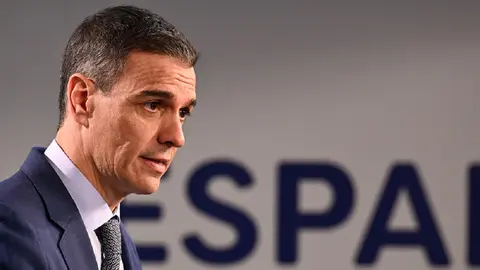Squaring the circle: Sánchez seeks to increase investment in defense without reducing social spending

The powerful propaganda machine located in the Moncloa Palace and on Ferraz Street in Madrid has given orders to all its rowers, scribes of the written press and radio and television talk show hosts to begin to sail in combat vogue to “educate” about the benefits of pumping money into defense.
The head of the government has decided to set sail and row hard to the rhythm of the boga de combate in his desperate attempt to convince the millions of Spaniards that a significant increase in investment in security and defense “will be done without touching a single cent of social or environmental spending,” something like squaring the circle, which, if he succeeds, will be very commendable.
The president has just imposed the attack row, similar to what the Roman general Quintus Arrius orders in the famous galley scene of Ben-Hur, the iconic 1959 film directed by William Wyler, starring Charlton Heston and winner of 11 Oscars, a record equaled in 1997 by Titanic, the magnificent cinematic work by Canadian James Cameron starring Leonardo DiCaprio.
The signal to cast off was given by Sánchez himself in his appearance before the plenary session of Congress on the morning of Wednesday, March 26, the purpose of which was supposed to be to inform the House about the new geopolitical scenario of the EU and the conclusions of the European Council of the 20th and 21st. The MPs also wanted to hear the latest debate in Brussels on security and defense, the challenges of European strategic autonomy and the commitments that the government is willing to make in its defense investments and military aid to Ukraine.
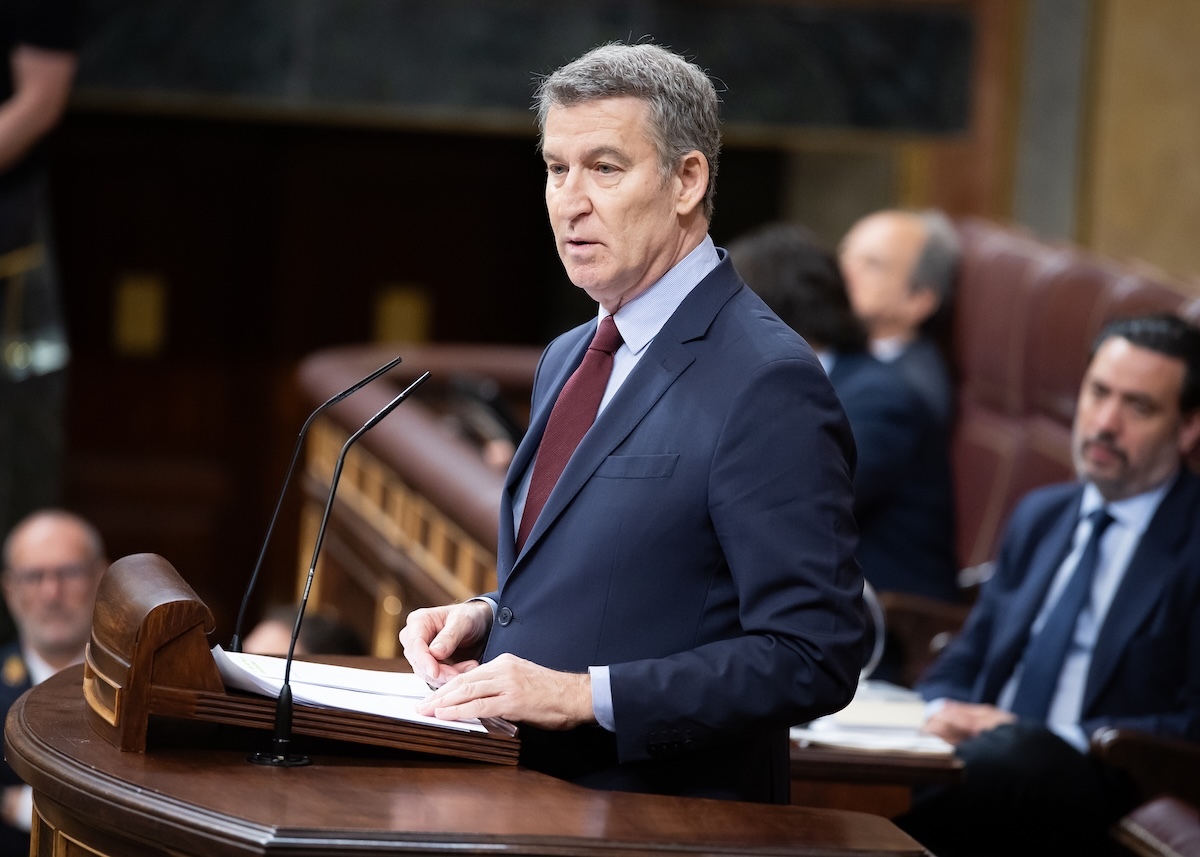
Pedro Sánchez took to the speaker's podium dressed in a blue suit and a tie marbled with green, the color of hope. His right-hand man in Congress and spokesman for the socialist group, Patxi López, also wore a green tie but striped, to match his beloved leader.
It's not a plan, it's a great plan
The important session in the Congress chamber lasted six hours and five minutes, during which time the PSOE secretary general deployed all his rhetoric, in a kind of rugby scrum. He was looking to clash head-on with the leader of the opposition, Alberto Núñez Feijóo, and to obtain the support of at least the Sumar deputies who, until now, have been led by Yolanda Díaz.
However, the spokesperson for Sumar, Verónica Martínez Barbero, and one after another the rest of Sánchez's allies until a few weeks ago, have closed doors and windows to the president's proposals and have crossed over to the opposing team.
And this despite the fact that all of Sánchez's partners were still unaware that the Secretary General of NATO, Dutchman Mark Rutte, was saying at that very moment in Warsaw that “Spain is now saying it wants to reach 2% this summer”. “Government sources”, but not the president or any minister, have told the EFE agency that “we are working to reach it as soon as possible, but we have not reached any concrete commitment”.
Neither is surprising, because in the long plenary session, after twists and turns, retorts and counter-retorts, the deputies only got two things clear from Pedro Sánchez. The first is that “before the summer, the government will launch a major national plan for the development and promotion of Spanish security and defense technology and industry”. Essentially, what he said was: before the summer, a BIG PLAN will be underway.
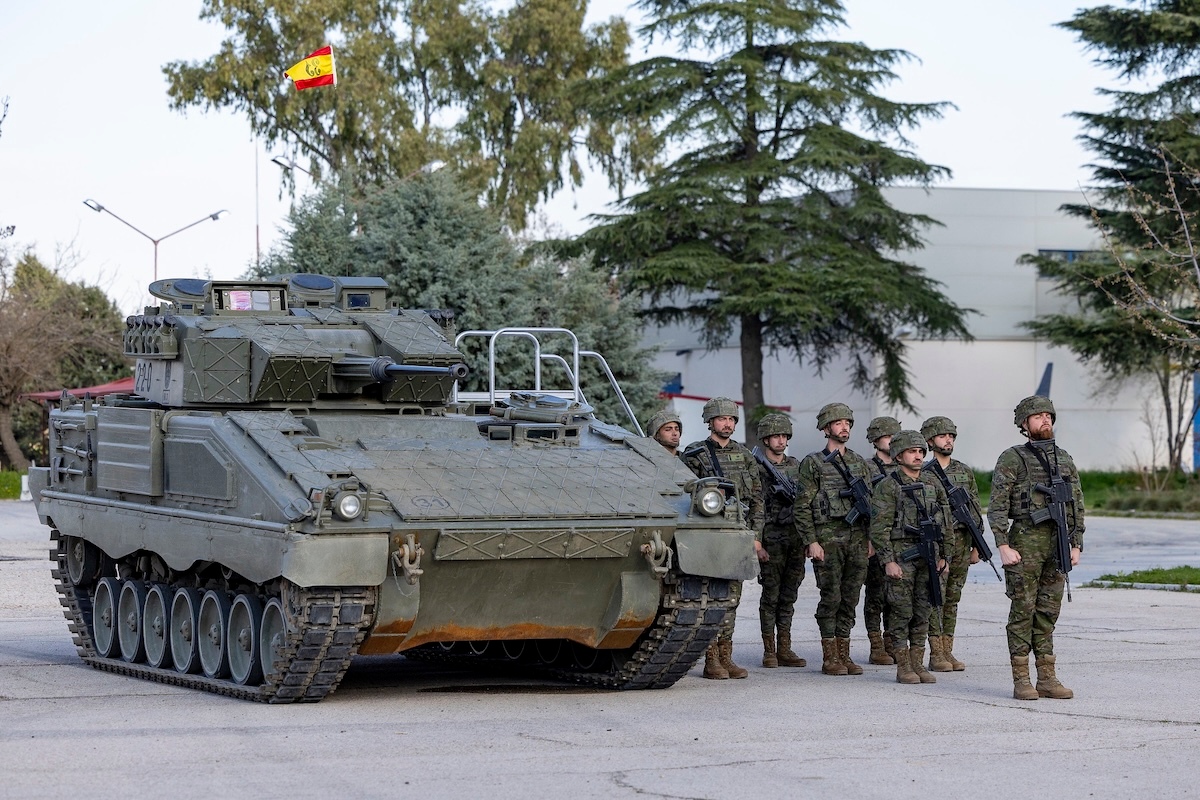
But pay attention to the detail! The president has NOT said that before the summer he will limit himself to presenting an investment plan for the Spanish Armed Forces. What Sánchez has promised is that before the arrival of the summer heat, he will have already begun to execute a BIG PLAN aimed at the technological growth of Spain's security and defense industrial sector.
The date before the summer has not been chosen at random. The NATO summit of heads of state and government is scheduled for June 24 and 25 in The Hague (Netherlands) and the Spanish government has no choice but to turn up with its homework done. This means that Pedro Sánchez, Margarita Robles (Defense), María Jesús Montero (Finance), Jordi Hereu (Industry) and Diana Morant (Science and Innovation) have less than 90 days to design and implement that BIG PLAN with which to leave Germany's Ursula von der Leyen, the Netherlands' Mark Rutte and even France's Emmanuel Macron speechless.
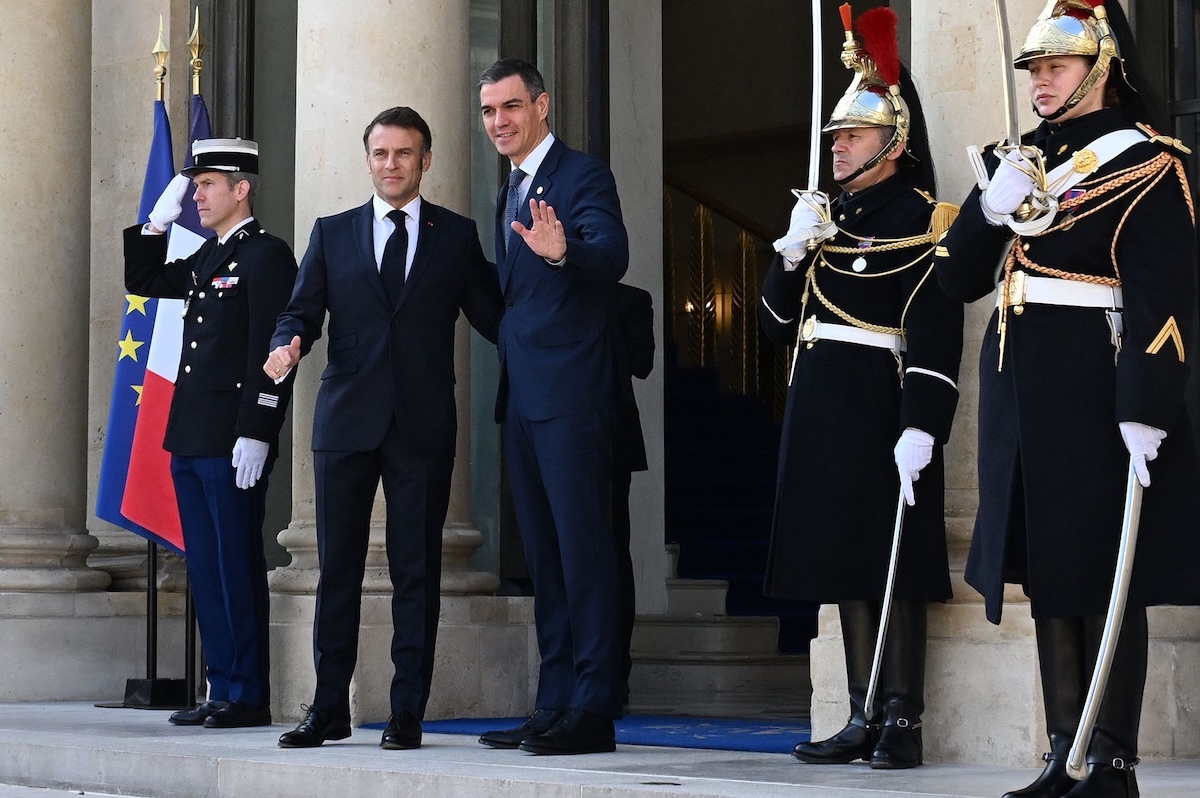
A great plan that is still just hot air
The president has not specified anything about this GREAT PLAN, except that it will “draw” on the experience gained in recent years from the Recovery, Transformation and Resilience Plan; that it will “concentrate” the bulk of the additional investment required to comply with our European partners; and that it “will channel public-private partnership programs to create a new technological-industrial leap in Spain”. Ambiguities that confirm that, for the moment, nothing at all has been defined.
But it doesn't end there. Sánchez told the 350 MPs that “we are going to do it looking to the East, because their security is also ours, but also looking to the South”. And he continued with the vagueness: “we are going to do it by betting on innovation, the development of dual-use technologies, the creation of new companies and the scaling up of SMEs and local start-ups”.
To top it all off, he ended his references to the GRAN PLAN with a toast “to training, to the improvement of human capital, to the protection of our borders, to the creation of resilient infrastructures... and to remaining true to our priorities and our principles”. But in Brussels they are not stupid and, knowing the character, it is foreseeable that Sánchez will be read the riot act about what is admissible and what is not for Spain to access the new EU loans.
It is worth remembering that the now president of the Executive, in an interview published in October 2014 on the back page of the newspaper El Mundo, when asked “which ministry is superfluous and which budget is lacking”, replied that “more budget is needed against poverty, gender violence... And the Ministry of Defense is superfluous”.
On Wednesday, March 26, just over ten years later, when he was older, he said that “of course, what we should do is create the European Army. A community armed force made up of 27 countries and guided by the same flag and the same interests”. It was the second thing that the deputies made clear.
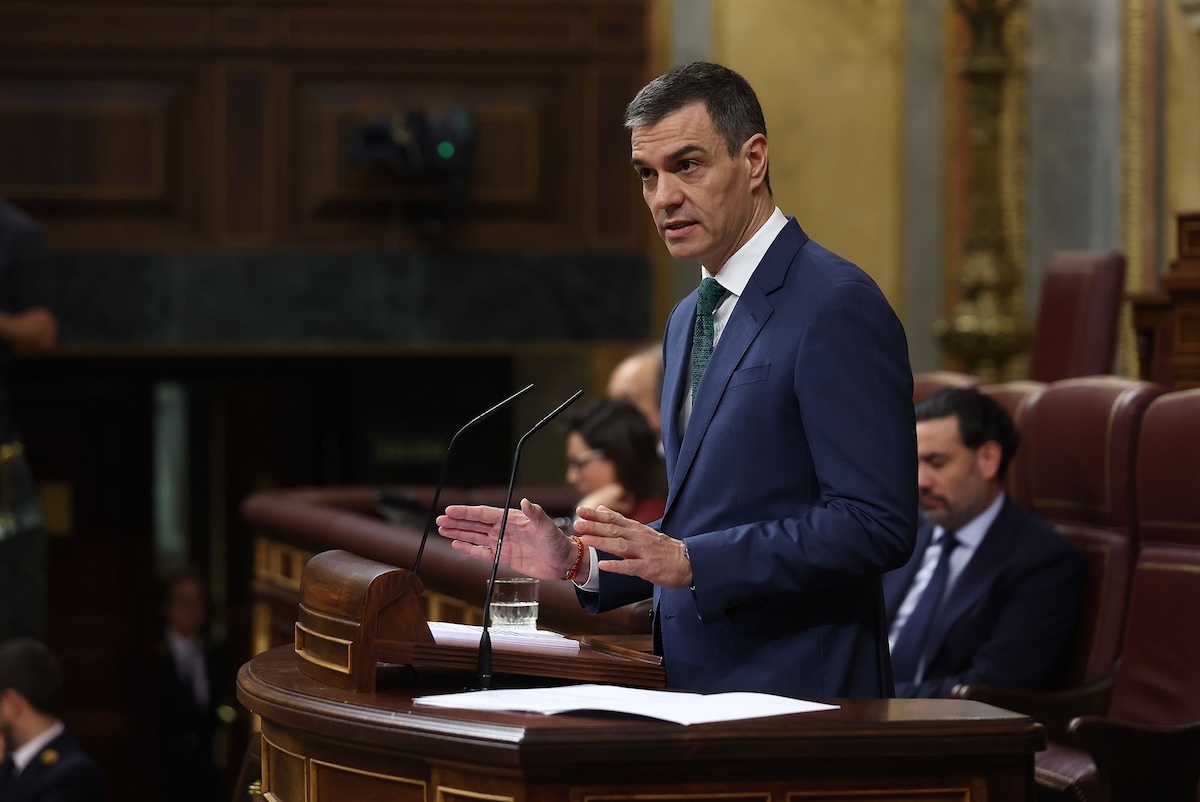
In the opinion of Pedro Sánchez, “only in this way will we become a true Union and guarantee lasting peace in our region.” He concluded his words by stressing that “the nature of conflicts has changed” and that the enemies of Europe and democracy “now use physical and fundamentally digital weapons, drones capable of circumventing our air defenses and traveling the distance between Crimea and Barcelona in a short time.” They even use “electromagnetic pulse cannons” capable of neutralizing tanks, planes and satellites located thousands of kilometers away.
The President of the Spanish Government has spent too many years out of the real international geostrategic arena. And that's despite the fact that he has had and has it easy to have access to the best intelligence and advice from the right people in a timely manner.
It is enough for him to truly assume his role as president of the Executive, to convene an encrypted video conference, to pick up the phone in his interference-proof office and surround himself with the Chief of the Defense Staff, the Chief of Operations Command, the head of the CNI, the heads of the Army and Navy and a few others. From there, the decision is in his hands.


